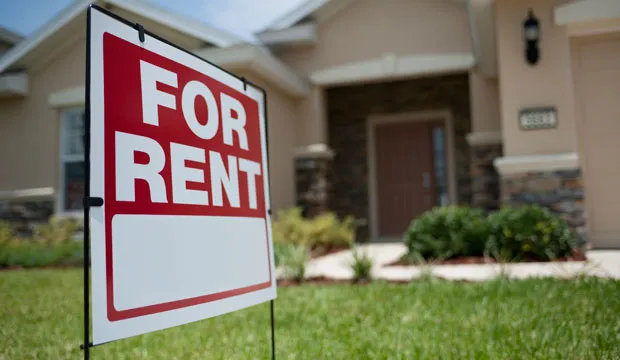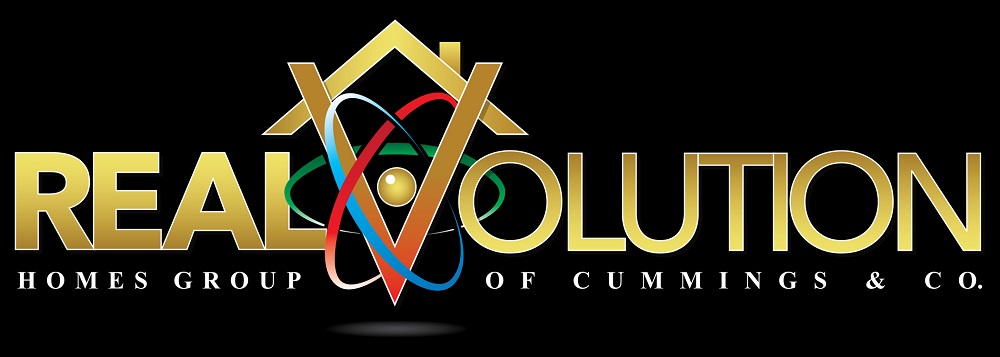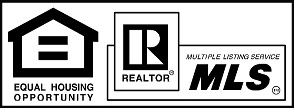Maryland Rent Increase Laws: What Tenants Should Know in 2024
Understanding Maryland's rent increase laws is crucial for tenants aiming to protect their rights and ensure fair treatment in the rental market.

Understanding Maryland's Rent Increase Laws
Maryland’s rental market is a diverse landscape, presenting both challenges and opportunities for tenants. One critical aspect to master is the state’s rent increase laws. In 2024, being aware of these regulations is more important than ever for tenants who want to avoid unfair rent hikes and stay informed about their rights.
Maryland’s rent increase laws are governed by state statutes and regulations. Landlords must follow these guidelines when increasing rent, ensuring tenants are given adequate notice and justification. For month-to-month leases, a 45-day notice is required, while long-term leases necessitate a 90-day notice. This provides tenants with ample time to plan and respond appropriately.
Legal Reasons for Rent Increases
Landlords can increase rent for various valid reasons, but retaliation is not one of them.
In Maryland, landlords may raise rent to cover increased operating costs, property improvements, or to keep up with market rates. However, increases must never be in retaliation against a tenant exercising their legal rights, such as filing complaints or joining tenant organizations. This protection ensures tenants can assert their rights without fear of unfair financial penalties.
Stat: Retaliatory rent increases are illegal and can be challenged by tenants through local housing authorities.
Notice Requirements for Rent Increases
Proper notice is a tenant's first line of defense against unexpected rent hikes.
Landlords must provide written notice detailing the rent increase amount, effective date, and the reason for the increase. This transparency allows tenants to understand the justification behind the increase and provides a clear path to challenge it if it seems unfair or unjustified.
Tip: Always keep a copy of all rent increase notices and correspondences for your records.
Maximum Rent Increase Limits in Maryland
While there are no statewide limits, local jurisdictions may have their own rules.
Maryland does not enforce statewide rent control, meaning there are no fixed limits on rent increases. However, some local jurisdictions have rent control laws. Tenants should verify with their local housing authority whether such laws apply in their area to understand their specific rights and protections.
Actionable Tip: Check with local tenant organizations or housing authorities to see if rent control applies to your lease.
Protections Against Retaliatory Rent Increases
Maryland law stands firm against retaliation, ensuring tenant security.
Maryland prohibits landlords from increasing rent in retaliation for tenants asserting their rights. If a tenant believes a rent hike is retaliatory, they can seek legal recourse. Tenants are protected from eviction solely for refusing to pay an unjustified rent increase, providing a safeguard against landlord abuse.
Fact: Tenants who suspect retaliation can file complaints with local housing authorities and may have grounds for legal action.
How to Respond to a Rent Increase
Tenants have options to address and potentially mitigate rent increases.
When faced with a rent increase, tenants should first review the notice to ensure compliance with Maryland law. If the increase seems excessive or unjustified, negotiation with the landlord is a viable first step. Should negotiation fail, filing a complaint with the local housing authority or seeking legal advice can be effective next steps.
Tip: Open communication with your landlord often leads to mutually beneficial solutions, so don’t hesitate to discuss your concerns directly.
Conclusion
Understanding Maryland’s rent increase laws is essential for tenants to protect their rights and ensure fair treatment by landlords. By knowing their rights under Maryland law, tenants can effectively respond to rent increases and avoid financial hardship. Tenants should always review their lease agreement and seek legal advice if they believe their landlord is violating Maryland’s rent increase laws. Being informed and proactive is key to navigating Maryland’s rental market successfully.
Remember, staying informed about your rights and options can make all the difference in maintaining a stable and fair housing situation. If you or someone you know needs assistance navigating the complexities of the Maryland rental market, don’t hesitate to reach out to me at RealVolution Homes Group. We’re here to help you every step of the way.
Source: Ballinger News
If you have any questions, want to know what the current value of your home is, would like to book an appointment with me or are looking for some free real estate related educational reports; make sure to Check Out My Link tree
Search for your next dream home or find out the value of your current home on my website www.Realvolutionhomes.com
Dan McDevitt
Cummings & Company Realtors
Team Leader Realvolution Homes Group

